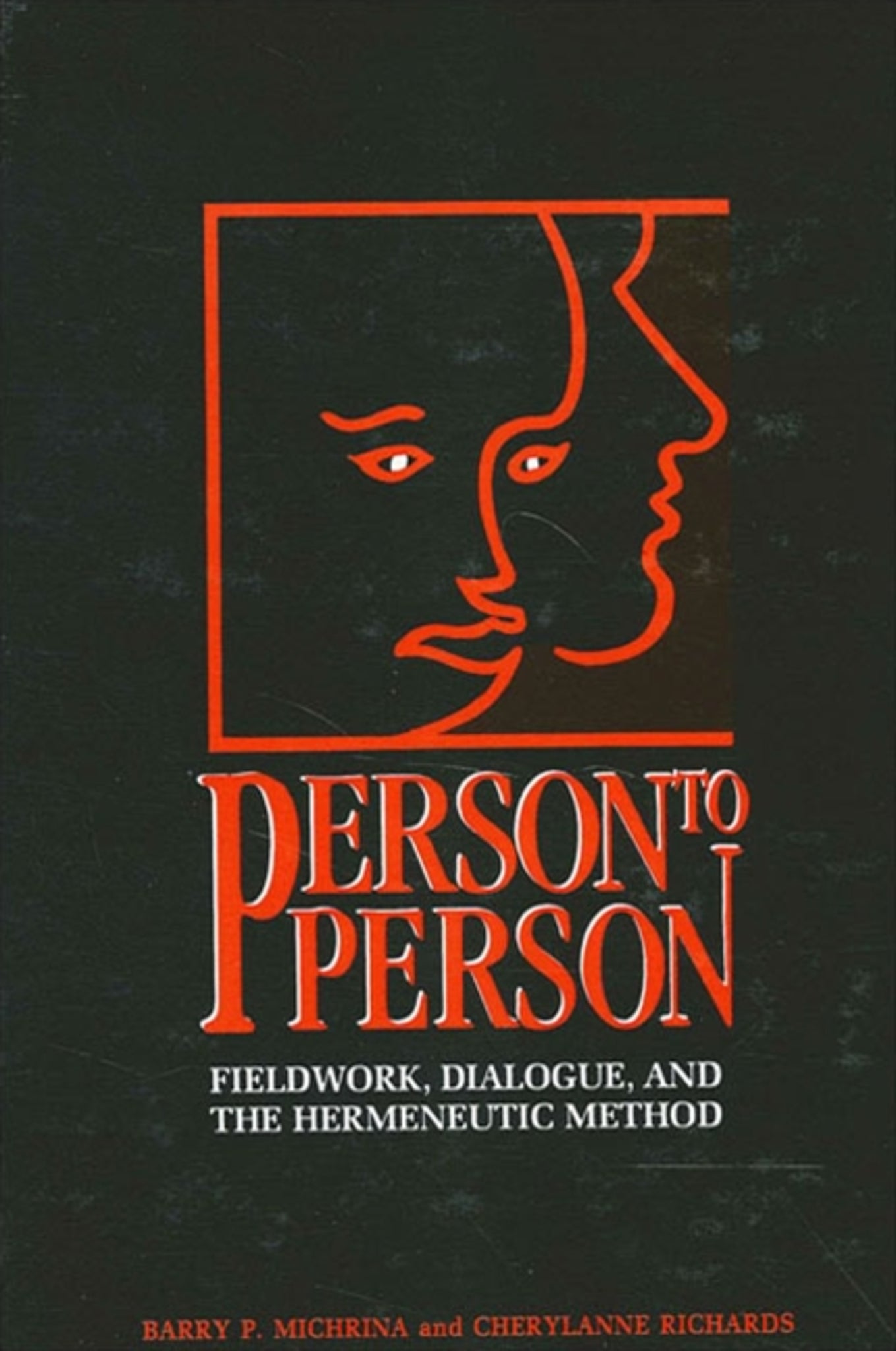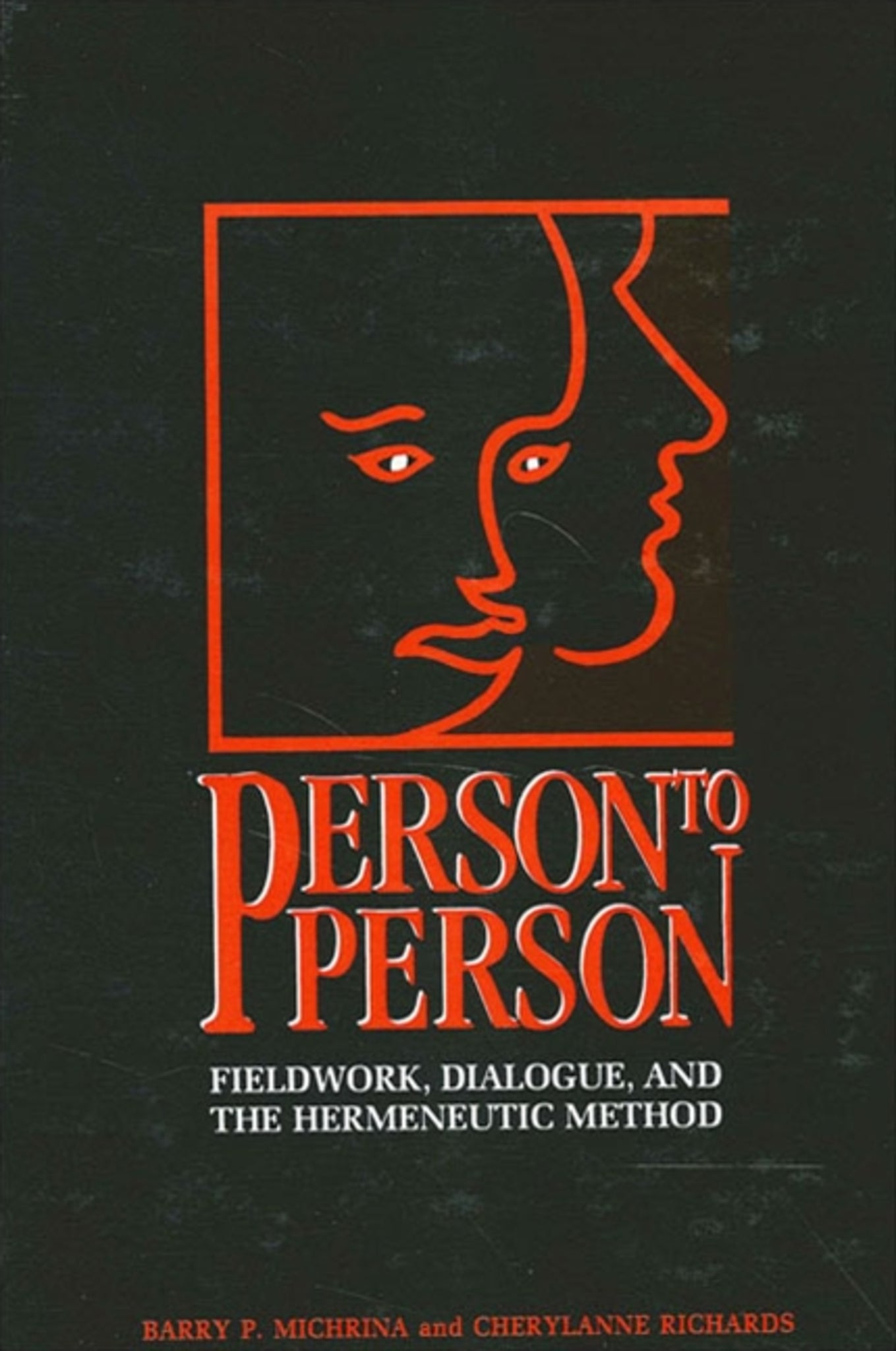We're sorry. An error has occurred
Please cancel or retry.
Person to Person

Some error occured while loading the Quick View. Please close the Quick View and try reloading the page.
Couldn't load pickup availability
- Format:
-
21 March 1996

Guides students through the step-by-step procedure of qualitative social research using the dialogical hermeneutic method of analysis.
The first undergraduate guide to qualitative ethnographic fieldwork, this book describes a step-by-step procedure called the dialogical hermeneutic method of analysis, including its philosophical basis, practical application, and ethical implications. The authors delineate the characteristics of the scientific and humanistic paradigms in the social sciences and emphasize that the hermeneutic method is employed in the humanistic paradigm. They discuss topics often missing from fieldwork manuals, such as journal keeping, personal and interpersonal relationships, ethics, and writing the ethnographic essay.


"The exercises at the end of each chapter challenge the reader and also provide step-by-step guidance into the intricasies of field work. The questions of 'challenge' and 'horizons of understanding' are highly original in the rethinking of observer bias. The text is practical and constructive as it progresses through the epistemological minefield of field work.
"An important reader in methodology for anthropology's postmodern phase, Person to Person represents a watershed and will ignite a great deal of debate. Many anthropologists will recognize much of what they struggle with. My congratulations for producing a fascinating and worthwhile text." — Ian Prattis, Carleton University, Ottawa
"The authors make hermeneutics intelligible to undergraduates—and to some faculty who will want a basic discussion but will never admit they got it from an elementary source. They evoke an enthusiasm for undertaking ethnographic field work, for learning from 'the cultural other,' and a healthy confidence that the undergraduate student can learn something significant in a manageable time frame." — Van A. Reidhead, University of Missouri, St. Louis
Prologue to Instructors
Preface
Acknowledgments
Part I: Theory
1. Underlying Philosophy
2. Theoretical Principles
Part II: Method
3. Design and Sampling
4. Oral Discourse
5. Field Notes and Journals
6. The Personal and the Interpersonal
7. Data Analysis
8. Ethics
9. Writing
Part III:Advanced Considerations
10. Using Lived Experience
11. Oral History
Epilogue
Appendix: Helpful Hints
Suggested Readings
Bibliography
Index



